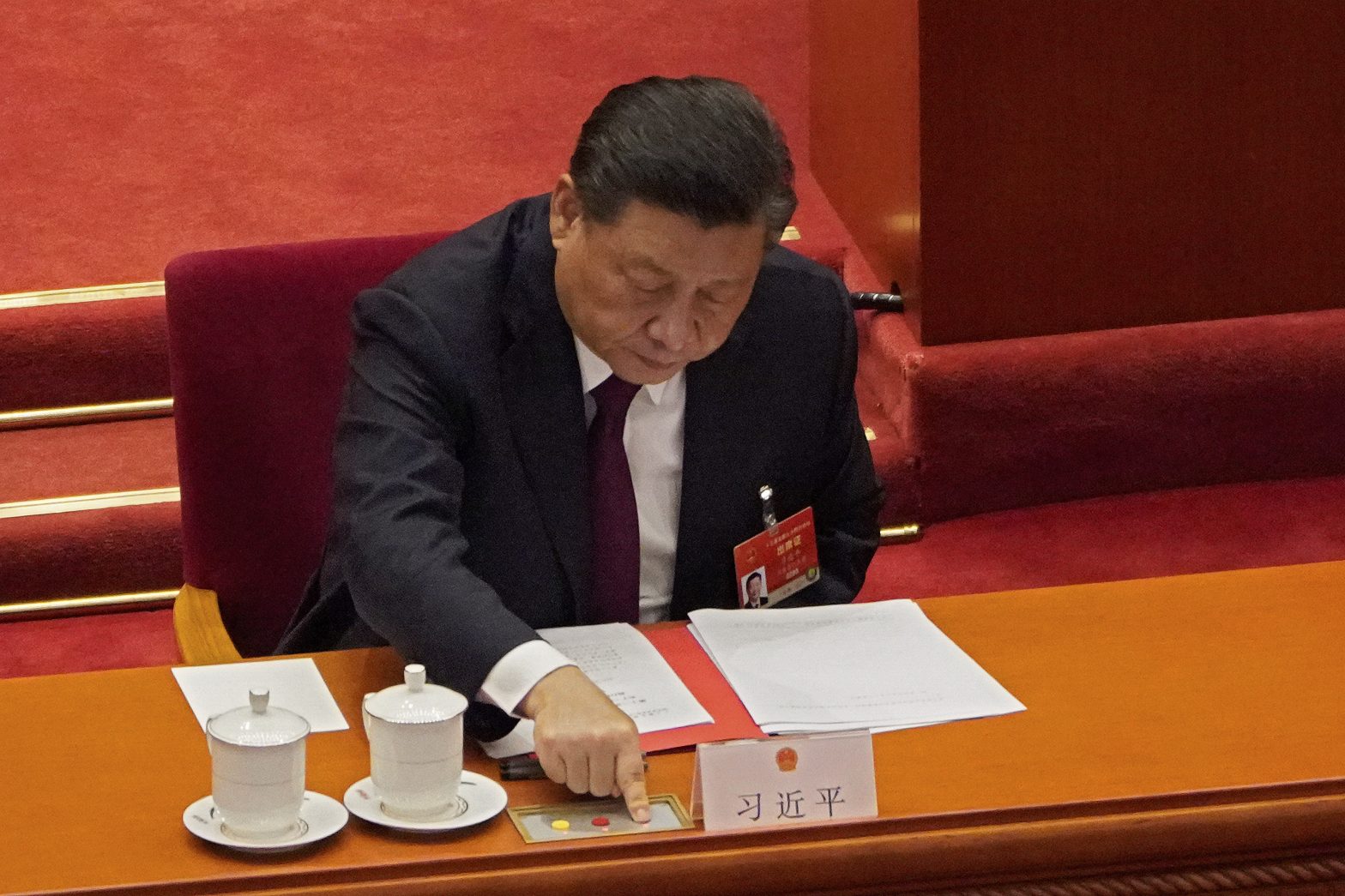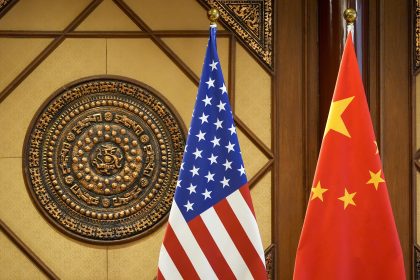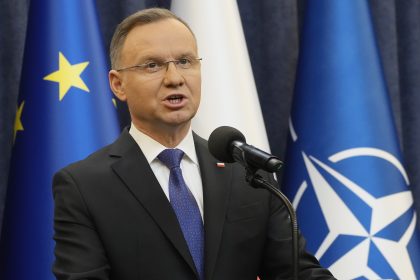Retaliatory Sanctions Have Emboldened China’s Critics In Europe

WASHINGTON- Retaliatory sanctions imposed by China on Europeans in March have emboldened China’s most vocal critics in Europe, who hope to push against the country’s human rights abuses.
In March, the E.U., U.K., U.S., and Canada issued coordinated sanctions against Chinese officials for human rights abuses of Uighurs and other ethnic minorities in Xinjiang province. In response, China sanctioned European academics, think tank members, and E.U. committees and parliamentarians.
To several members of a Brookings Institution panel on Thursday, which included three people specifically targeted by China’s sanctions, the sanctions represent an outright assault on the main institutions of western democracy, a move which they warn could blow back against China.
“They shot themselves in both legs,” said Dovilė Šakalienė, a member of the Seimas of the Republic of Lithuania who was hit with the Chinese sanctions.
They are disregarding the differences between totalitarian and democratic countries and they believe they are a big enough superpower to behave arrogantly, but democratic countries like the U.S. and the European market are quite big players, she said.
The consensus on the panel was that China’s “retaliatory sanctions” were a mistake because they boost the arguments of critics of China in Europe, who believe that stronger actions ought to be taken to end human rights abuses.
The sanctions may have also imperiled the E.U.-China Comprehensive Agreement on Investment, an ambitious deal that would open up access to the fast-growing Chinese market for the E.U., which one panel member described as “dead as a doornail.”
The sanctions represent a roadblock even to the members of the European Parliament who are favorable to the investment deal, said Reinhard Bütikofer, chair of the Delegation for Relations with the People’s Republic of China, who was also affected by the sanctions.
“I think they underestimated the role of parliamentarians, the role of a democratic public in discussing the merits and the shortcomings of such a deal, and the geopolitical context,” Bütikofer said.
“This intimidation policy is actually helping us, me and my colleagues from the Lithuanian Parliament, from other national parliaments, to get our message across: This is a totalitarian regime that has not changed. We really have extensive experience with Communist regimes for more than half a century. We know what they do,” Šakalienė said.
Several panel members said they wear the sanctions as “a badge of honor.”
The conversation was part of the Brookings Institution Center on the United States and Europe and the Robert Bosch Foundation Transatlantic Initiative, and a recording of the event can be viewed here.
























